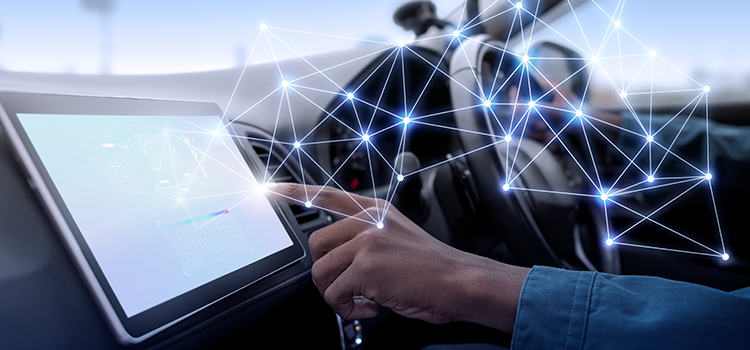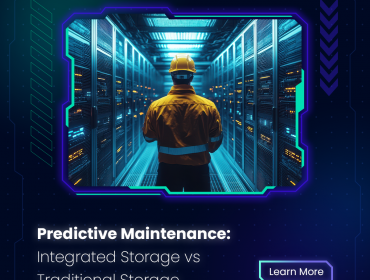It may not be just around the corner, but it is definitely down the road. Self-driving automobiles (or autonomous vehicles) are becoming as competent as, if not better than, human drivers. And firms like Google, Tesla, and Uber are pushing the boundaries of innovation to dominate the market. According to a recent article by Business Insider, as many as 10 million self-driving cars might be on the road by 2020. So, what does the future of autonomous automobiles entail for the hospitality industry?
Let us take a long look into the future, perhaps 30 years or more. Consider a scenario in which most automobiles on the road are self-driving autonomous vehicles. Also, assume that most commuters have abandoned traditional automobile ownership in favor of car-sharing services such as Uber Pool in the future. So fasten your seatbelts, and let’s see where this road leads us.
Here are the top five ways self-driving cars will impact the hospitality business in the future:
1.) Self-driving cars will reshape our cities, freeing up parking lots for events.
You might never have to consider parking a car at all. You’ll be dropped off, and your vehicle will search for another passenger. And it can run all day without needing to be recharged.
All of these saved spaces will ultimately be restored. Creative hotel sales teams already use nearby parking lots as additional space for outdoor events. If you own it, you can sell it; nevertheless, you’ll soon want to consider a more permanent solution. For example, you may turn parking lots into small parks or provide additional outdoor space to complement your interior function rooms.
2.) Attendees of the event will be more likely to go to mid-tier cities.
Demand is already increasing in mid-tier cities. Air travel is becoming more affordable, and both leisure and business visitors are eager for fresh experiences in brand-new destinations. Self-driving cars are taking this trend a step further.
3.) Event guests will be more likely to visit various locations.
Event venues will need to seek innovative methods to provide fresh experiences for their visitors and clients in the future. It will not suffice if a property is located in a big city. That implies that hotels should be looking for ways to differentiate an offering beyond what initially drew travelers to the location.
4.) Because of self-driving automobiles, more alcoholic beverages may be consumed at events.
When every driver is a robot, we won’t have to worry about drunk driving. The most desirable outcome is that autonomous cars can significantly reduce the frequency of major traffic accidents. That’s excellent news for the world, but it also means that visitors and event attendees may be willing to indulge in a few extra drinks.
5.) Because of the time saved by autonomous vehicles, users will have more time to attend meetings and activities.
In India, the average commute time is roughly 25 minutes. When you factor in traffic, that’s about an hour round trip. One of the most essential things discouraging event attendees these days is taking time away from work to get to the event. This makes perfect sense considering that most of the events take place locally.
Self-driving cars have the potential to save us more than an hour every day. This would make participants more eager to work extended hours away from the workplace.












